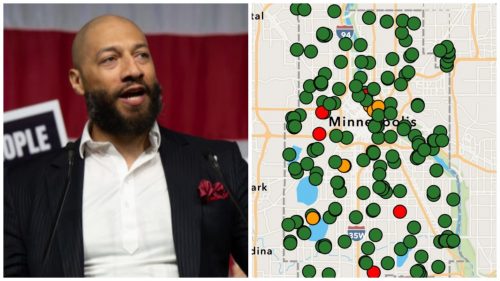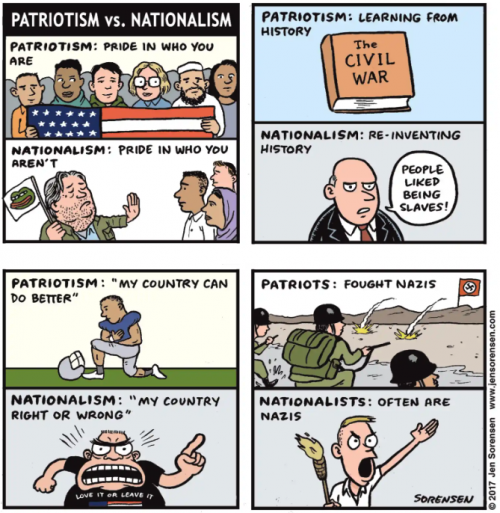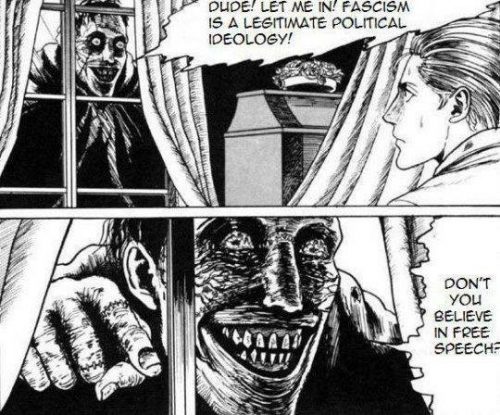But here I am. For sure, no one jacked up Biden on drugs before this thing started. He’s coming off as slow, old, and fumbling.
Meanwhile, Trump just lies and exaggerates, while Biden looks on like he’s stunned. Debates don’t get fact-checked apparently.
Not looking good.
Trump couldn’t answer any question, except with lies, and he was constantly turning every response into claims about immigration. The only problem we have is millions of people pouring over the border, apparently. It was most glaring when he was asked about climate change and he had nothing to say except immigration, immigration, immigration.
Fucking Christ. Trump brought up his “cognitive test” again — those things only assess a minimal level of function. He did not “ace” them. You can’t ace that kind of test.
Biden was competent in his policy answers, but dear god, he is reinforcing the idea that he’s old.
Final impression is that in Trump’s world, America is failing and is on the brink of WWIII, while Biden is planning to be a caretaker president, a bureaucrat coasting to the retirement. The whole affair was uninspiring, and there was not one spark of charisma anywhere.
Speaking of caretakers coasting to the end, Bash and Tapper were pointless and ineffectual — there was no moderation to speak of.
I hate debates.












